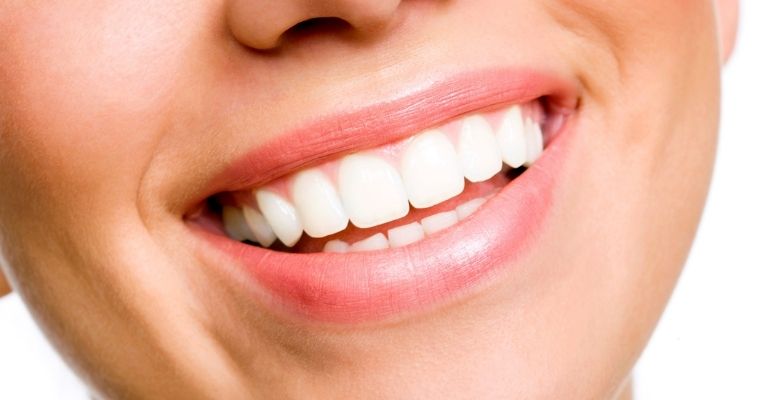Introduction

Image: doctorperio.com
Wisdom teeth removal is a common surgical procedure that can leave your mouth feeling sore and sensitive. Brushing your teeth after the procedure is essential for maintaining good oral hygiene and preventing infection, but it’s important to do it gently and carefully. In this comprehensive guide, we’ll provide you with everything you need to know about brushing your teeth after wisdom teeth removal, including tips from expert dentists and practical advice you can follow.
Understanding Wisdom Teeth Removal
Wisdom teeth are the last four molars to develop in your mouth, usually appearing in your late teens or early twenties. In some cases, wisdom teeth can become impacted, meaning they’re trapped beneath the gums or bone. Impacted wisdom teeth can cause pain, swelling, and infection, and they often need to be surgically removed.
Post-Removal Oral Hygiene
After wisdom teeth removal, your dentist will give you specific instructions on how to care for your mouth. These instructions will typically include the following:
- Avoid brushing the surgical site for the first 24 hours. This will give the surgical site time to heal and prevent further irritation.
- Rinse your mouth gently with salt water or an over-the-counter mouthwash several times a day. This will help remove debris and promote healing.
- Brush your teeth gently after the first 24 hours, using a soft-bristled toothbrush and toothpaste. Focus on brushing the teeth around the surgical site, and avoid touching the actual surgical site.
Tips from Expert Dentists
Here are some additional tips from expert dentists on how to brush your teeth after wisdom teeth removal:
- Use a soft toothbrush: A soft-bristled toothbrush will be less irritating to the surgical site.
- Avoid using harsh toothpaste: Toothpaste that contains sodium lauryl sulfate or alcohol can be harsh on the surgical site. Opt for a gentle, fluoride-free toothpaste instead.
- Brush gently: Don’t brush too hard, as this can irritate the surgical site.
- Rinse your mouth thoroughly: After brushing, rinse your mouth thoroughly with water or mouthwash to remove any remaining toothpaste or debris.
- Floss carefully: If you need to floss around the surgical site, do so gently and avoid pulling on the sutures.
- Use a clean towel: Use a clean towel to pat your face and mouth dry after brushing. Avoid using a towel that has been used by someone else, as this could introduce bacteria into your mouth.
Conclusion
Brushing your teeth after wisdom teeth removal is an important part of your recovery. By following the tips in this guide, you can minimize discomfort and prevent infection. Be sure to consult your dentist if you have any questions or concerns about brushing your teeth after wisdom teeth removal. With proper care, you’ll be back to brushing your teeth like normal in no time.

Image: schellenbergdental.com
How To Brush My Teeth After Wisdom Teeth Removal